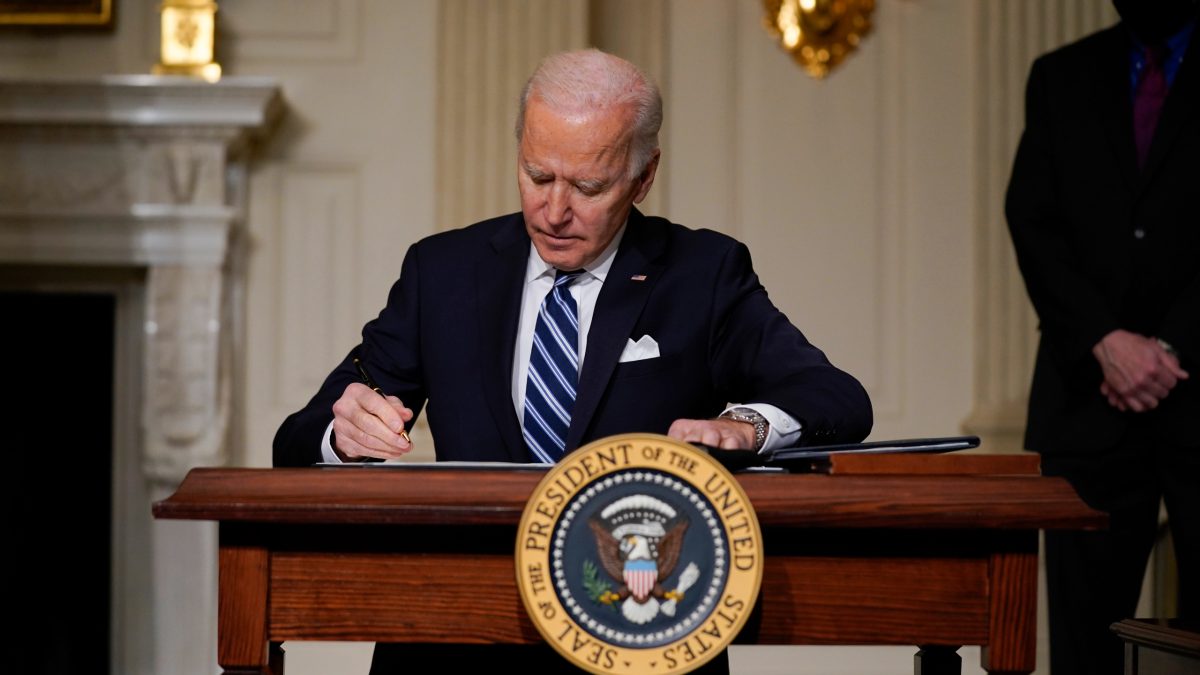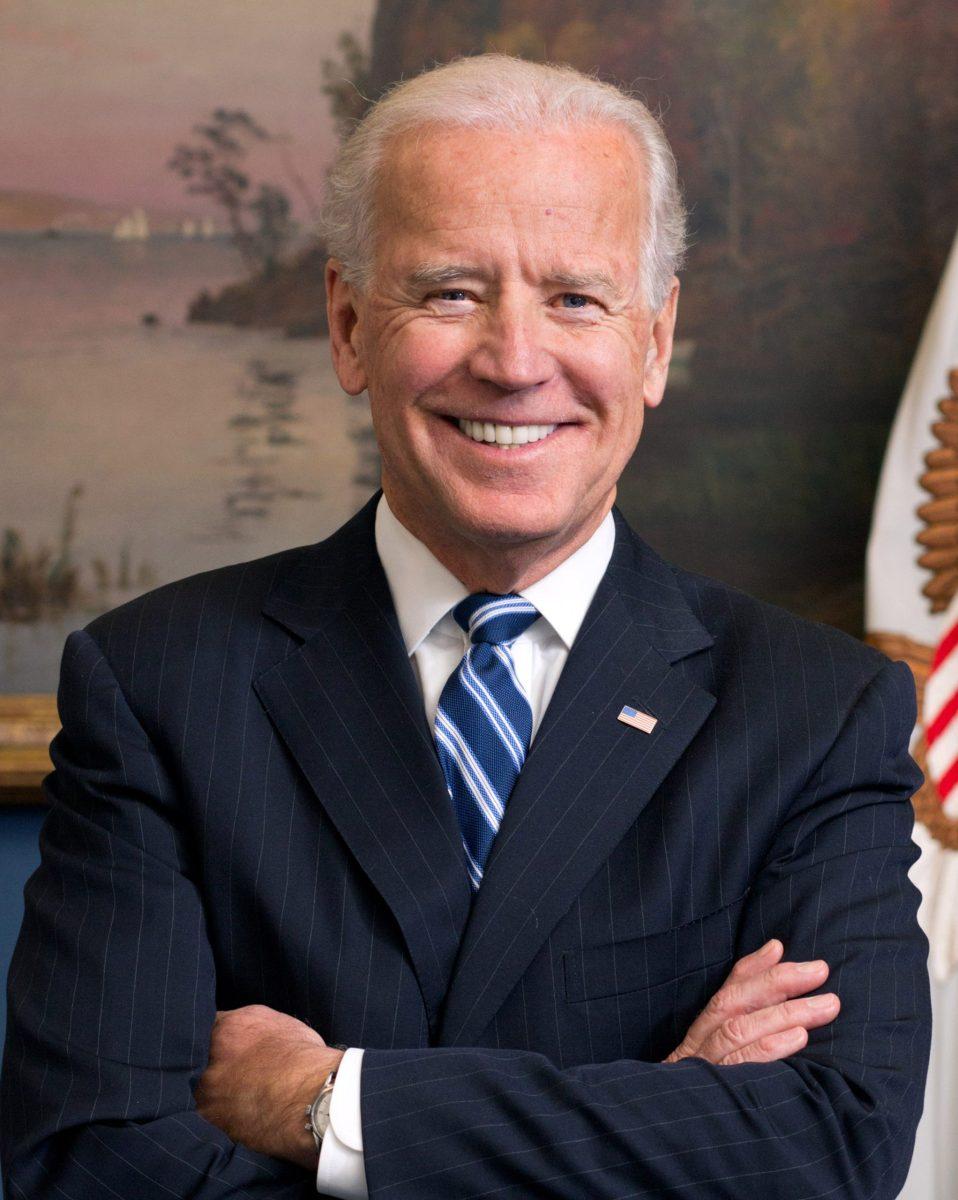Every four years, the Democratic and Republican Parties hold national conventions the summer before a Presidential Election in order to formally nominate the victor of their primary elections and establish a national party platform. By design, these conventions are meant to unify the party around their new nominee, with former political rivals often setting aside their differences with the presidential nominee for the good of the party. After all, this is the only way a political party can ever hope to receive the majority of votes that they need to win elections in a winner-take-all system.
At the Democratic National Convention, unity was indeed achieved. Here, Hillary Clinton worked hard to mend ties, rally Democrats, and introduce her optimistic vision for the future. Numerous powerful politicians as well as famous stars like Katy Perry all made appearances for the nominee. President Barack Obama, former President Bill Clinton, and Senator Elizabeth Warren all stood with Clinton. Even Bernie Sanders, who fought a hard primary against Clinton, offered his enthusiastic support. But most importantly, Clinton accomplished her goal of party unity even in the wake of a massive Democratic National Committee hack that released thousands of emails and threatened to evolve into a major scandal.
However, at the Republican National Convention, unity was replaced with catastrophe. Here, Trump’s sobering message of law and order was overshadowed by the numerous controversies plaguing the event. For instance, on the first night of the convention, Melania Trump delivered a lovely speech praising her husband- a speech that would later be exposed as a plagiarized copy of Michelle Obama’s 2008 DNC Speech. Later on, Speaker Paul Ryan delivered a twelve minute speech that mentioned Trump by name only once and instead focused on his vision for the GOP, a clear sign to voters that the leader still had reservations about Trump. Of course, Trump should be thankful that Ryan even spoke, since no living Republican Presidents or former nominees since 1980 were even present at the convention in an obvious snub against him. However, things were manageable until Trump’s main rival during the primaries, Senator Ted Cruz, delivered a shocking speech where he asked voters to “vote their conscience” rather than support Trump. Breaking tradition, Cruz then refused to endorse the party nominee. In the midst of this failure to unite the party, it’s hardly surprising that Trump received little to no boost in polls following his convention.
The weeks following the RNC did little to improve Trump’s position as he waltzed into scandal after scandal. First, he insulted a muslim Gold Star family (who lost a son serving in Afghanistan) that delivered a fiery speech against him at the DNC, prompting the non-partisan VVA to lash out against him and call his comments disgraceful and un-american. Then he refused to endorse Speaker Paul Ryan for his primary race, thereby destroying the fragile truce formed before the convention. Trump later suggested that the “second amendment people” could “do something” about Clinton if she became President, forcing the Secret Service to meet with him and discuss his comments. Trump even hinted that he wouldn’t fulfill NATO obligations in the Baltic states in the event of a Russian invasion if those countries didn’t fulfill their financial obligations to the treaty. To make matters worse, he openly asked Russia to find Clinton’s missing 30,000 emails: an open invitation for Russia to continue to hack the United States. Not surprisingly, dozens of top GOP national security officials signed a letter in response claiming that Trump would be a dangerous president. The effect of all this was clear: Trump was losing support and fast.
But Donald J. Trump isn’t some fool willing to lose his chance at the Presidency over some petty remarks; he’s too driven for that. On the contrary, his campaign has begun to attempt a strong comeback. Since his numerous debacles over the summer, Trump has begun to give more speeches focused on policy through teleprompters (rather than impromptu speeches, where he often makes verbal gaffes), has picked a highly experienced strategist (who’s also a woman) to lead his campaign, and has visited flood victims in Louisiana in order to show his support.
Most importantly, the GOP nominee is attempting to address one of the Republican Party’s greatest modern weaknesses: he’s trying to court African Americans and Hispanics. In a rally in Michigan, Trump tried to muster support among black voters by claiming that black poverty in America was due to liberal policies from decades of Democrat control, insisting that they had “nothing to lose” by supporting him. For the first time, his campaign team begun to discuss statistics on unemployment and poverty among blacks and have even used history in their argument to win over African Americans (the GOP was the party of Abraham Lincoln). In order to court hispanic voters, Trump has announced that he is softening his harsh immigration and deportation plan because he “doesn’t want to hurt anyone”. This is incredibly important for the Trump Campaign because overwhelming hispanic and black support for Obama was partly what cause Romney and McCain to lose in 2008 and 2012.
Trump is also back on the attack. He’s fueled the old conspiracy theory that Hillary Clinton has serious mental health issues and has pointed the finger at the Clinton Foundation as being the “most corrupt enterprise in political history”. However, Clinton is still leading in most battleground states and she seems to be more skilled at quickly ending controversies than Trump. In an effort to fight back against Trump’s claims, Clinton has claimed that her foundation will cease to accept foreign donations if she’s elected President. She’s also clarified that many of her high-profile investors are philanthropists like Bill Gates that only want to help others, not gain political favors. With only about seventy days until the election, we can only expect these accusations to grow worse.




























